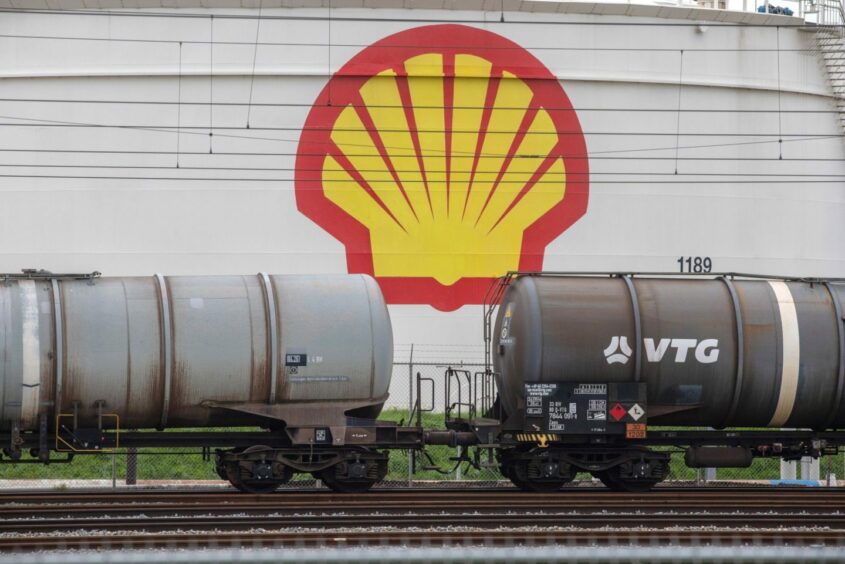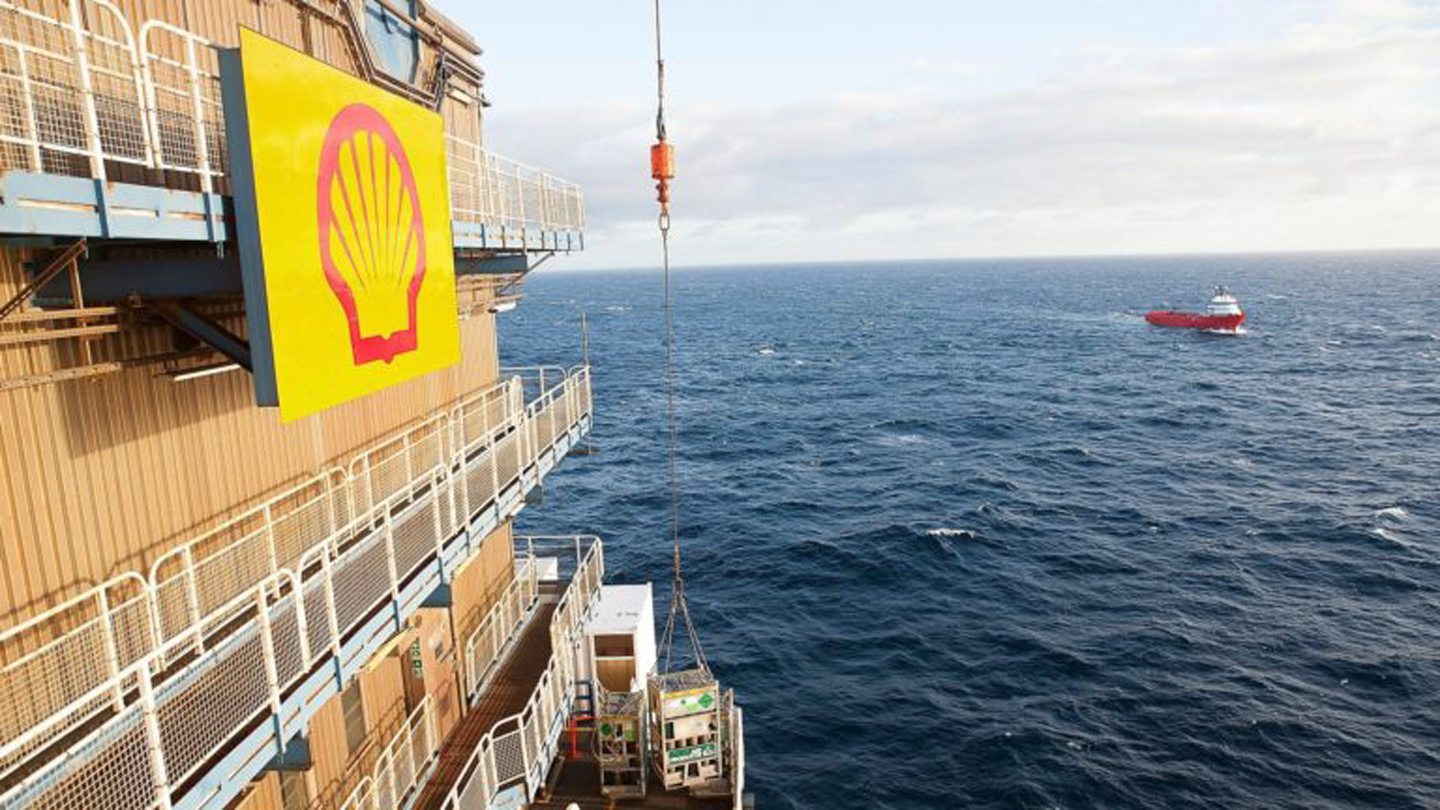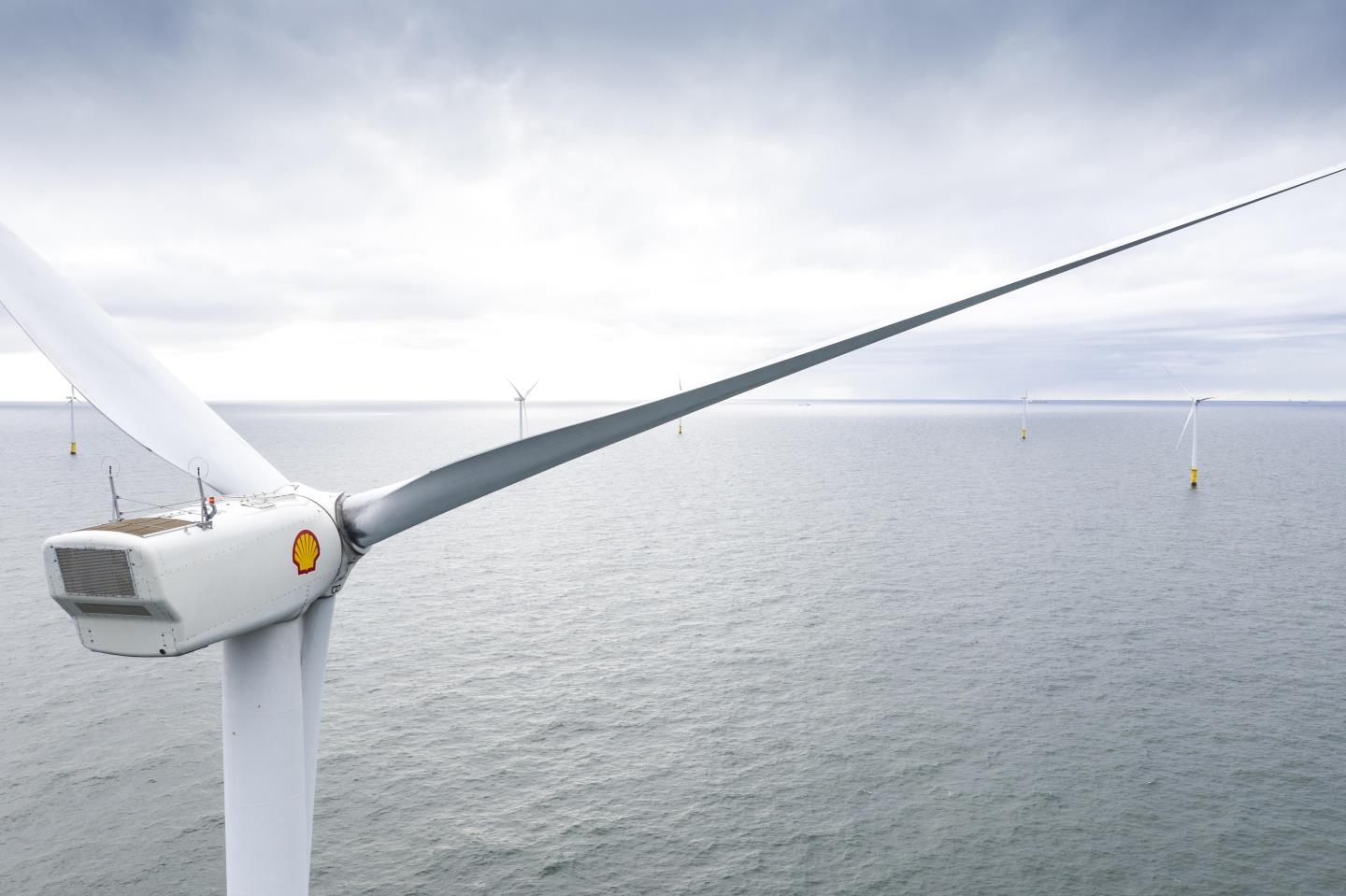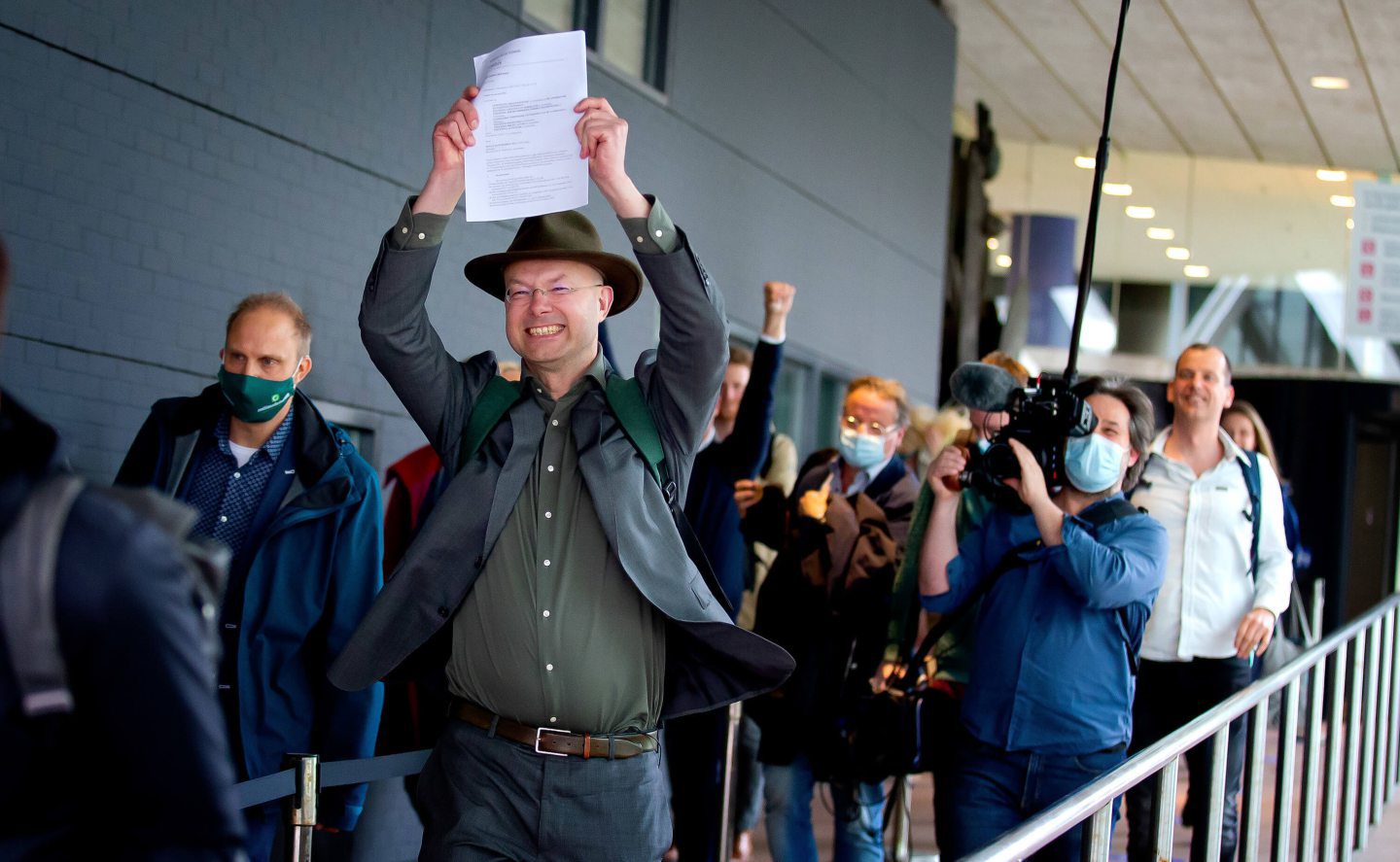
Lawyers for Shell (LON:SHEL) will appear in court in The Netherlands this week to appeal a landmark ruling ordering the oil and gas firm to cut its carbon emissions.
In 2021, a Dutch court ruled Shell must reduce its carbon emissions, crucially including scope 3 emissions, by 45% by 2030, compared to 2019 levels.
The Dutch arm of Friends of the Earth (Milieudefensie) lodged the case against Shell on behalf of a group of organisations and 17,000 Dutch citizens in 2019, with the ruling seen as a ‘watershed moment‘ for the oil and gas industry.
Following the ruling, Shell promptly confirmed it intention to appeal and the court in The Hague will hear the case over four days starting today (April 2).
In the interim, the court did not suspend the ruling pending the outcome of the appeal.
The court also left the method of making the required emissions cuts up to Shell, and the company said it would “step up and accelerate” its transition to a net zero business.
Since the 2021 ruling, new Shell chief executive officer Wael Sawan has come under pressure from Shell staff for a perceived scaling back of renewables investment.
The British-Dutch supermajor is also reportedly considering slowing the pace of its carbon emissions cuts to increase investment in oil and gas.
Why the case matters
The case against Shell began when Friends of the Earth (FoE) Netherlands and several environmental NGOs brought proceedings against Shell in the Hague District Court in 2019.
The groups alleged the emissions from Shell business activities directly contributed to climate change.
As a result, FoE Netherlands argued Shell violated its duty of care under Dutch law and international human rights law.
The ‘landmark’ ruling ordering Shell to cut its emissions generated headlines because, notably, it included not just emissions from Shell’s own operations (Scope 1 and 2) but also the emissions ’embodied’ in the fuels it supplies to customers (Scope 3).
The inclusion of these embodied Scope 3 emissions means the case could have major implications for the way courts in other countries look at the legal liability of fossil fuel producers.
Law firm Shearman & Sterling said the initial ruling marked the first time a national court ordered a private company to reduce its emissions in line with the Paris Agreement.
“The court’s focus on Scope 3 emissions suggests that oil and gas companies may also be held accountable for what end-customers do with their products,” the firm said.
“As such, the decision may cause energy companies to rethink their relationships with end-users and the type of energy products the companies sell.”
Similar legal battles between environmental activists and North Sea operators are also being seen in courts in the UK and Norway.
The North Sea oil and gas sector is awaiting a UK supreme court ruling in another case centred on scope 3 emissions, which could have implications for legal challenges to the Rosebank development.
Shell appealing landmark ruling
A Shell spokesperson told Energy Voice that while the company agrees the world needs urgent climate action, it did not believe the court ruling is the right solution for the energy transition.
“It is ineffective and even counterproductive to addressing climate change, and there is no legal basis for it under Dutch law,” the spokesperson said.
Meanwhile, Friends of the Earth (FoE) Netherlands said it and six other organisations are “confidently heading into Shell’s appeal”.
The organisation said Shell is “willingly choosing to ignore its role in addressing the climate crisis”.
FoE Netherlands director Donald Pols said: ““Shell is constantly trying to run away from its responsibility to stop dangerous climate change, but they can’t bolt from the courtroom.
“Climate scientists warn that we need to act even faster than originally thought. Shell may keep putting up smokescreens, but the facts are crystal clear.
“Their emissions need to be drastically cut.”
Lawyer for FoE Netherlands Roger Cox said the scientific basis for the organisation’s original claim against Shell “has only solidified”.
“In court, it’s facts that matter, which is why I am confident that we can once again convince the judges that Shell needs to act in line with international climate agreements,” Mr Cox said.

 © Supplied by Shell
© Supplied by Shell © Supplied by Shell/Stuart Conway
© Supplied by Shell/Stuart Conway © Friends of the Earth Netherlands
© Friends of the Earth Netherlands